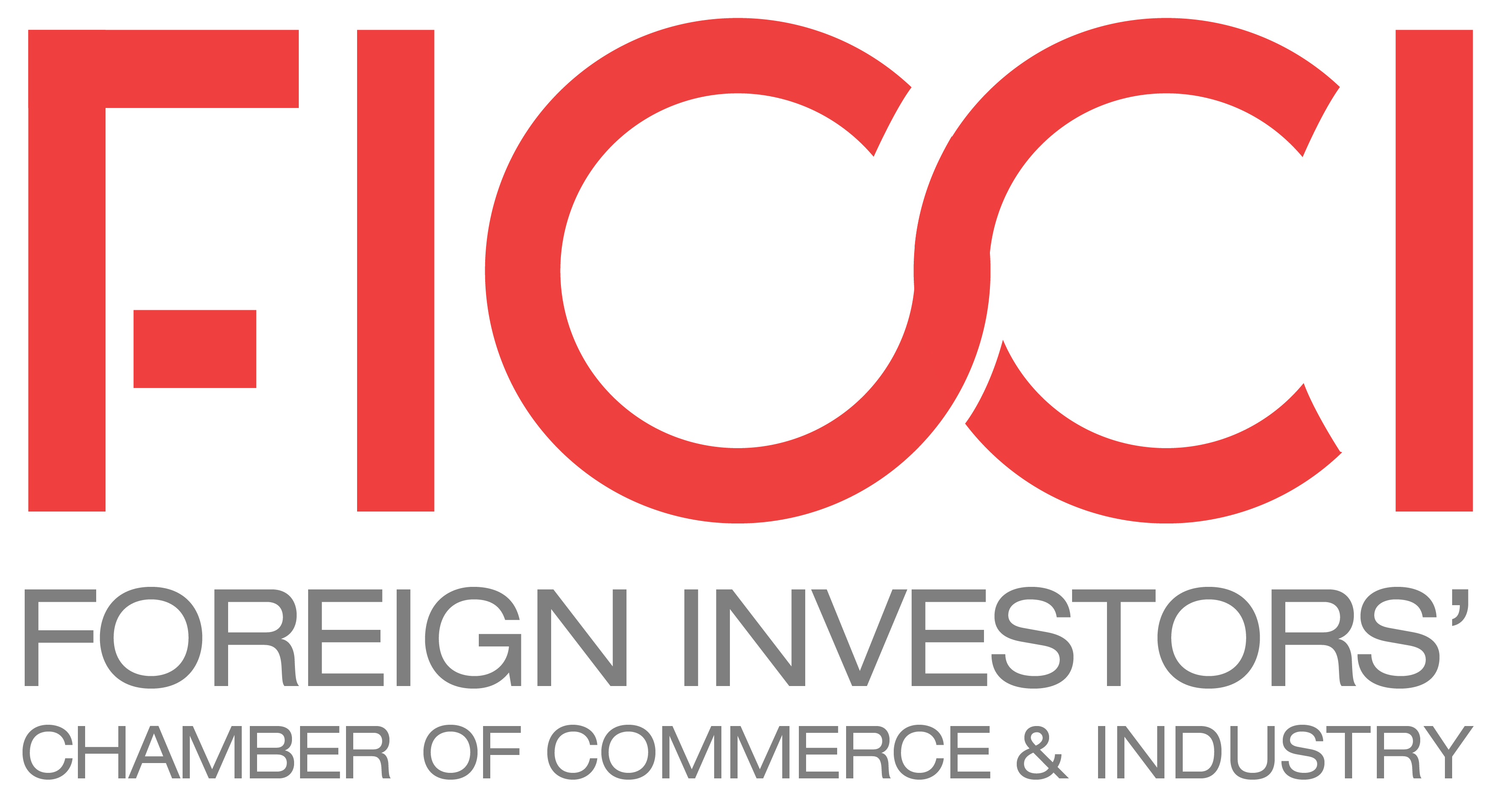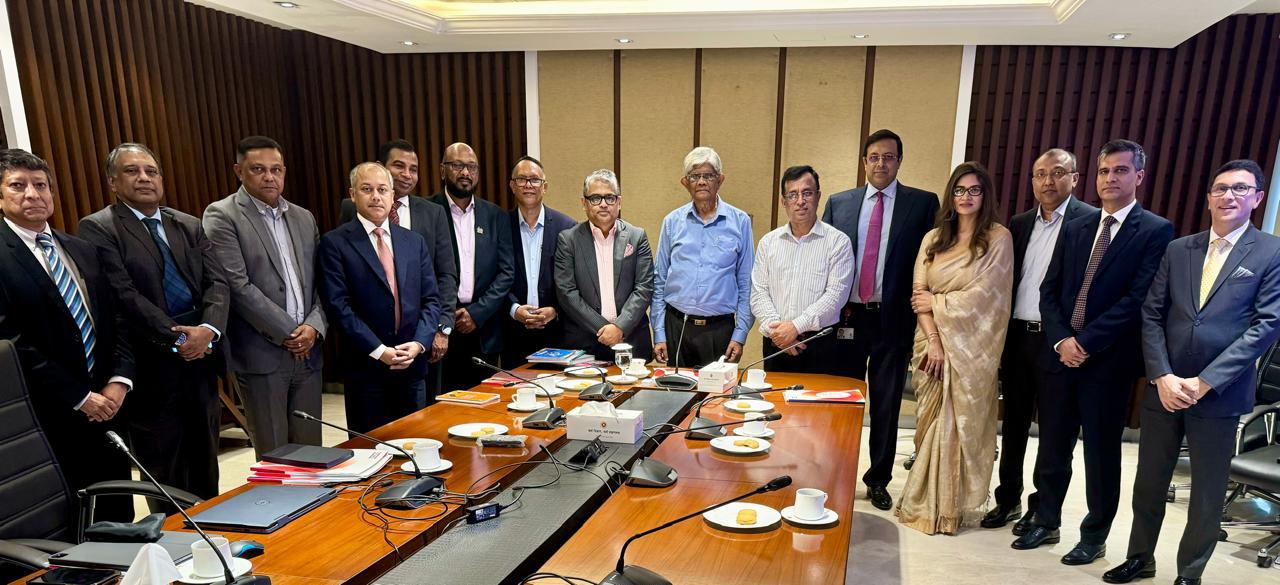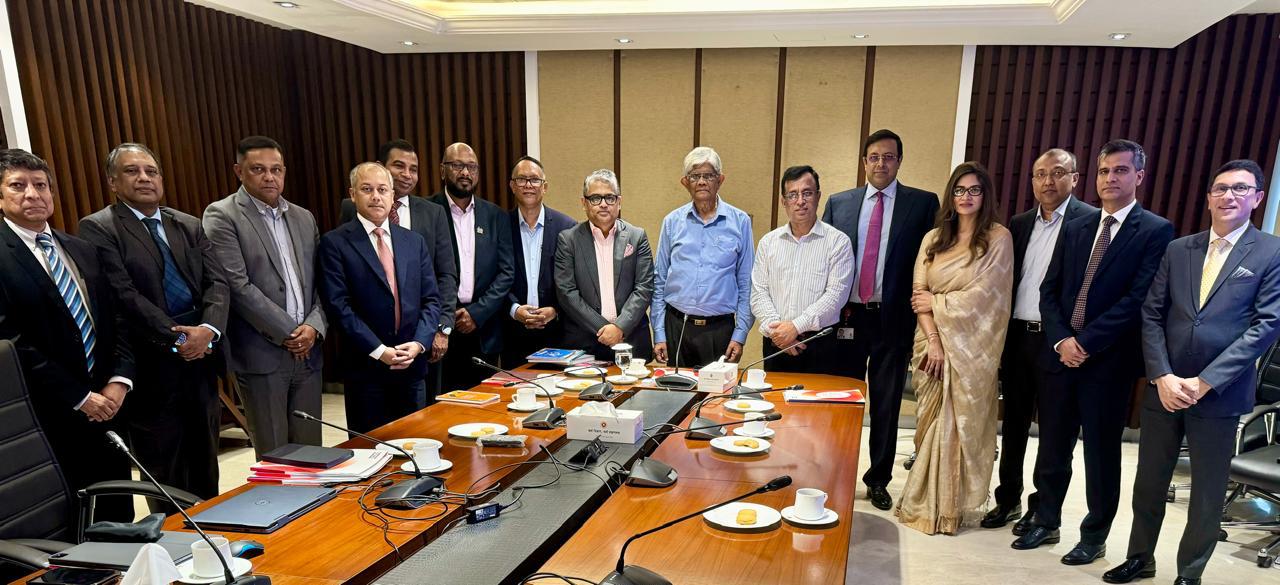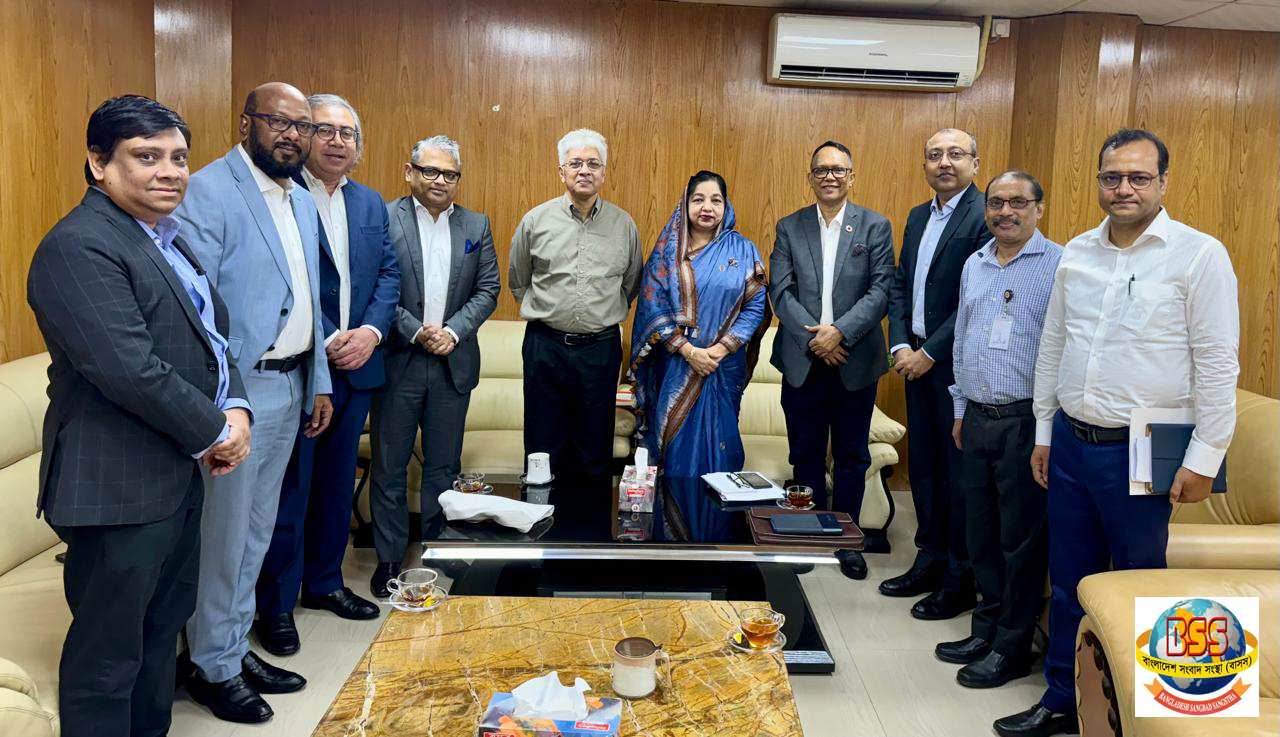The provisions of the Workers Profit Participation Fund (WPPF) will be detrimental to the compliant taxpayers, said the Foreign Investors’ Chamber of Commerce and Industry (FICCI).
The chamber wanted the WPPF as an expense of a respective company as stipulated in the labour law.
They also said that they want the facility as this is not a part of the profit of a company, rather it is payable to the employees from the net profit according to the labour law of 2006.
“Net profit is not profit after tax, rather profit before tax. Net profit has been clearly defined in section 119 of the Companies Act, 1994,” said Naser Ezaz Bijoy, president of the FICCI.
The contribution to the WPPF is a part of the legal compliance framework rather than a dividend, as mandated by law, he also said.
FICCI President revealed it while speaking at a press meet on the proposed budget for the FY2022-23 in the capital on Wednesday.
He also said that disallowance of contribution to WPPF will increase income tax expense, which goes against the current spirit of reducing the tax rate.
In the future, it will create more challenges in the ease of doing business and discourage foreign investment in Bangladesh.
“We propose that this provision should be included in section 29 instead of section 30 of the ITO, 1984, considering it as an allowable expense,” he added.
He also said that the FICCI has 210 members who generate 25% of total revenue.
FICCI has also recommended a few changes to the conditional reduction of the corporate tax reduction by 2.5%.
Tax Consultant of FICCI Snehasish Barua presented the keynote paper. In his paper, he said that the government has proposed some corporate tax exemptions with some conditions. But in reality, it is quite difficult to meet.
“To get 2.5% corporate tax exemption, all investment and expenditure in excess in Tk12 lakh must be transacted through a banking channel. But it is not possible,” he added.
Snehasish said that the government has imposed huge amounts of penalties in violation of NBR rules.
“We have to submit a minimum of 40 papers. If our employee did a mistake unintentionally, we will have to pay big amounts of penalty and to avoid it, some illegal negotiation could rise,” he added.
Rupali Chowdhury, managing director of Berger Paints Bangladesh said that the budget should clarify what amount of tax they collect from old and new entrepreneurs.
“The main target of the government is to attract FDI but the law related to business is controversial to the target,” she added.
The government changes the business-related laws frequently and the foreign companies can’t cope with this.
“There should be a long-term plan that will attract foreign companies to invest here,” she added.
She also said that the target of the budget is not only to collect revenue but also to create employment and change the employment scenario.
Shehzad Munim, managing director of British American Tobacco Bangladesh, said that Bangladesh is on the highway of development.
“But we have to up the speed now and also set the speed limit to maintain a smooth journey,” he added.
Bangladesh has to set a tax rate by comparing it with its global competitor, he added.
“The structure of tax is so complex in our country, it has to be simplified,” he added.
Responding to a question, Naser Ezaz Bijoy said that the budget is an overall business-friendly budget, but some proposals need to be refined.
Responding to another question regarding amnesty on laundered money, he said that it is an unethical decision which will disrespect the regular taxpayer and the possibility of returning money through this is almost impossible.
Responding to a question, Rupali Chowdhury said that investment is a multi-layer matter and if the investors can’t understand the rules and regulations, the process will be hampered.
The government needs to implement a long-term plan to boost the confidence of the investors, she added.
Responding to a question regarding Padma Bridge, Shehzad Munim said that the bridge will accelerate the economic revolution in this region. But everyone has to come forward in this regard.
The government has to provide the opportunities related to gas, electricity, transport, and training to upskill the workforce, he added.
On the sideline of the event, talking to Dhaka Tribune, Shehzad Munim said that they have taken a number of projects to save the workers and work environment.
"We will stay with any new initiatives taken for the betterment of our workers since they are a part of our industry and very important to us," he added.
Not only the workers but also the drivers and whoever with the BATB are getting sufficient training and opportunities from them, he added.
“We have provided WPPF for our workers for many years. The issue arose after the NBR proposed that the WPPF will not be considered as expenses. If it happens, the overall corporate tax will be increased by at least 4%, which will reduce the benefits of the workers,” he added.
Zaved Akhtar, managing director and CEO of Unilever Bangladesh Ltd, Deepal Abeywickrema, director of FICCI, and managing director of Nestle Bangladesh Ltd also spoke at the event while TIM Nurul Kabir, executive director of FICCI hosted the event.





